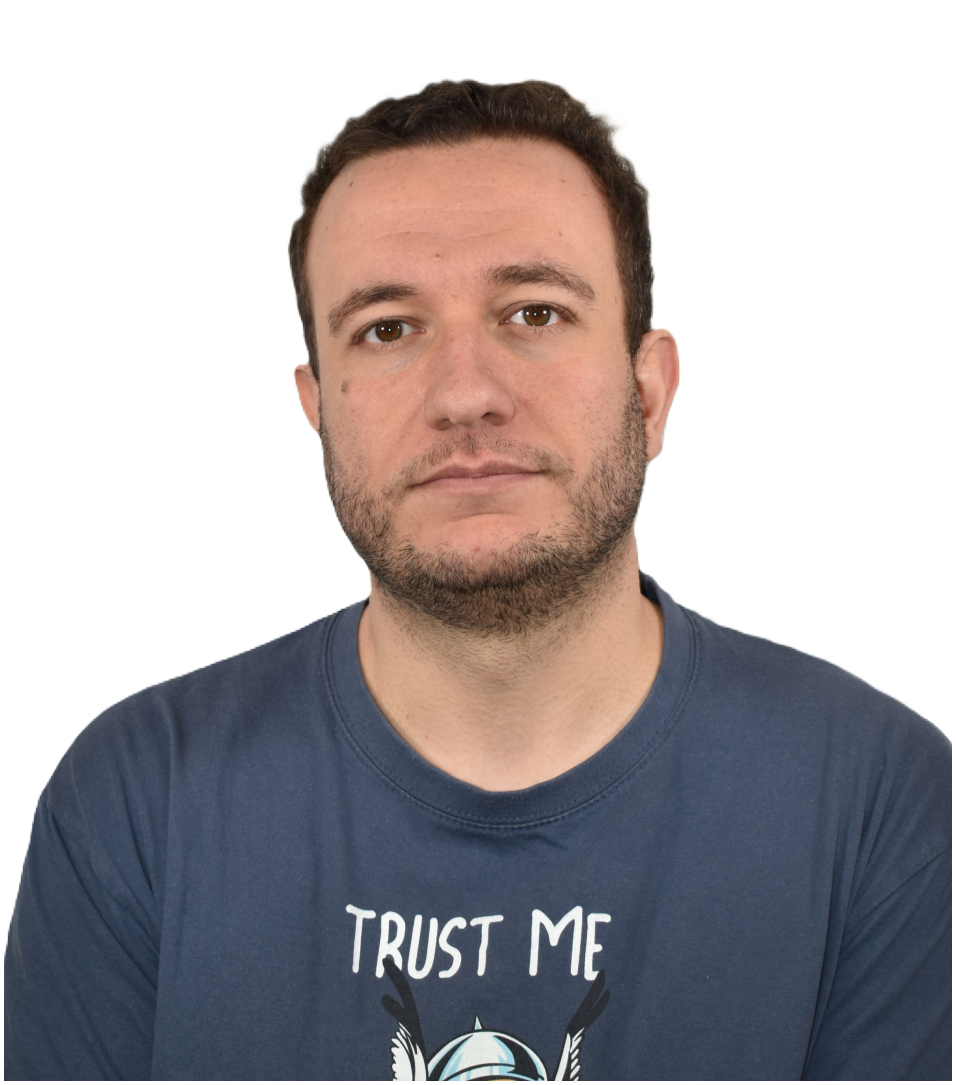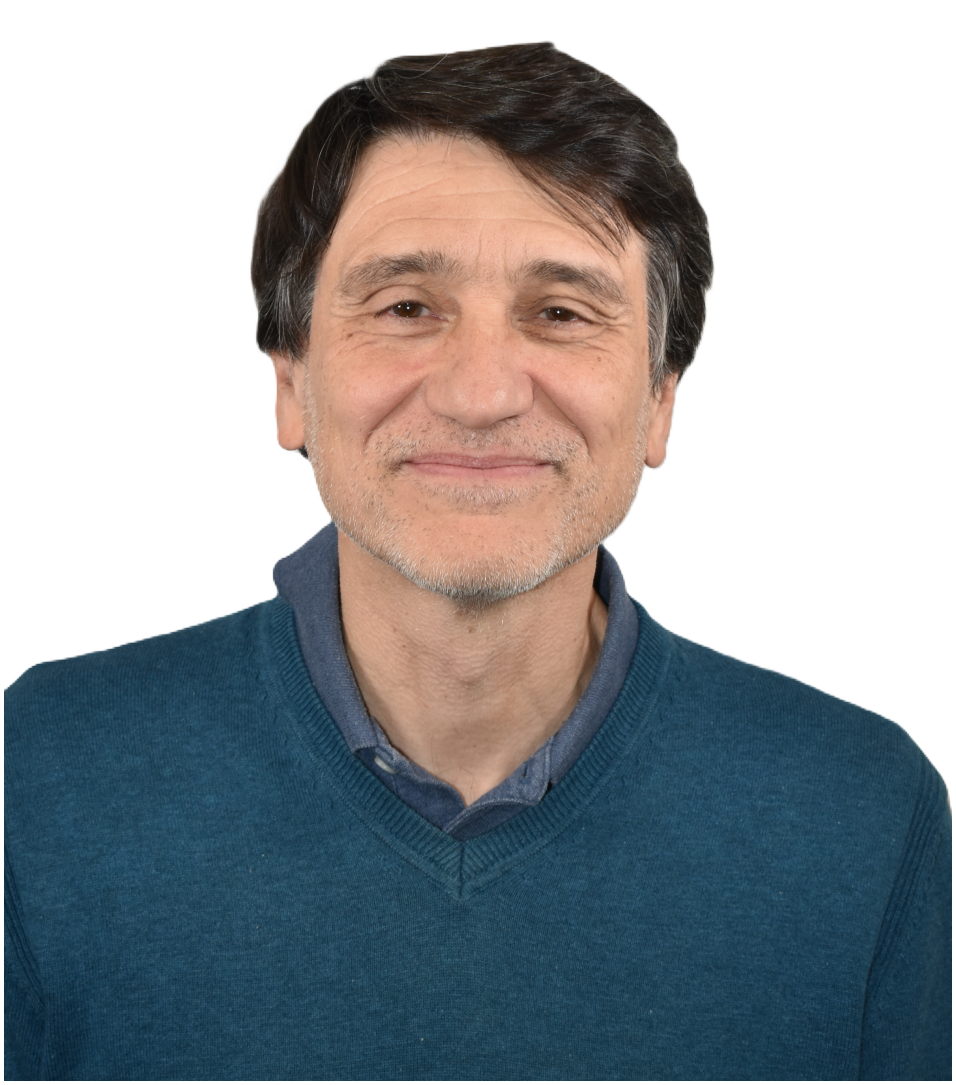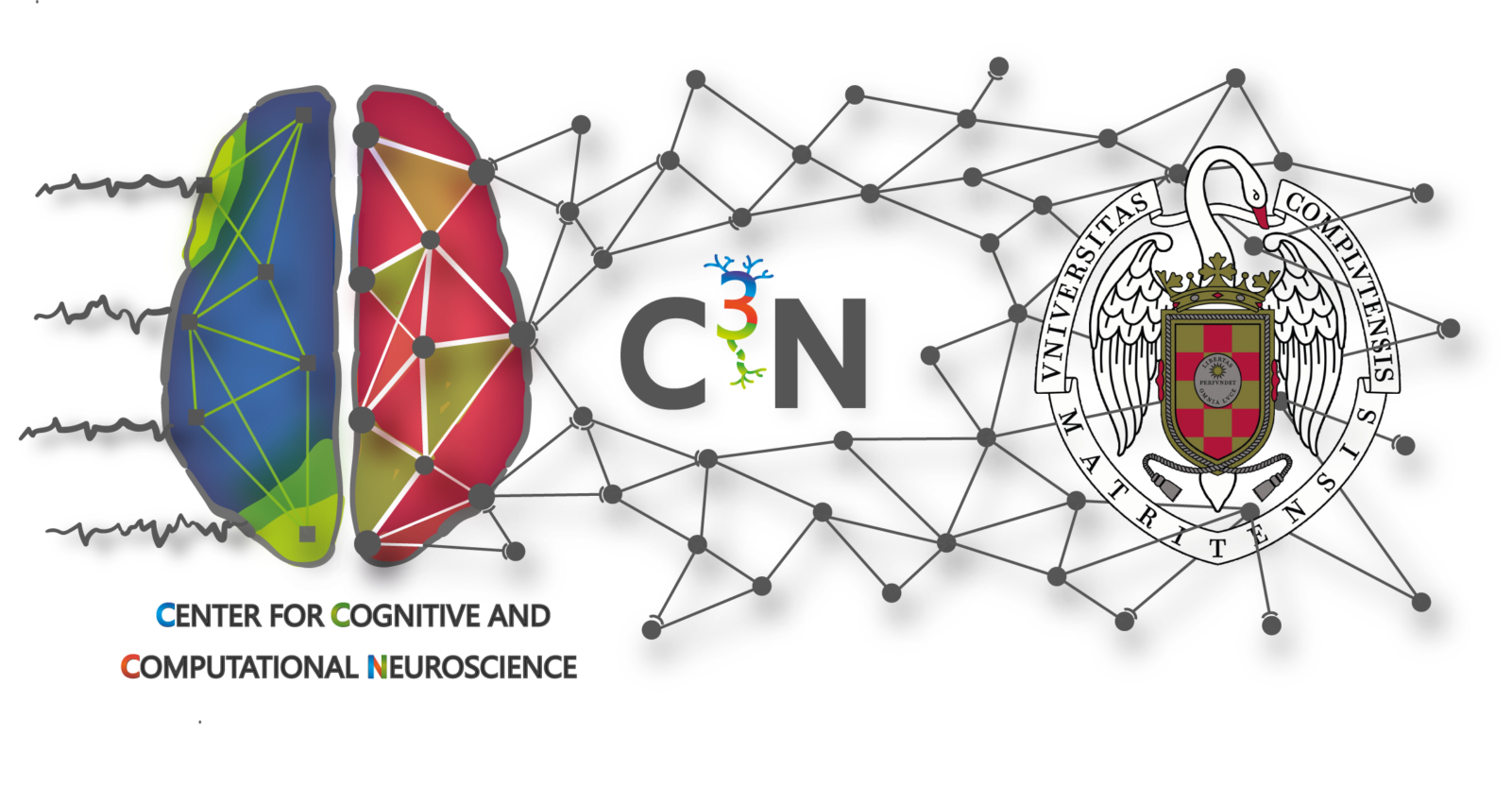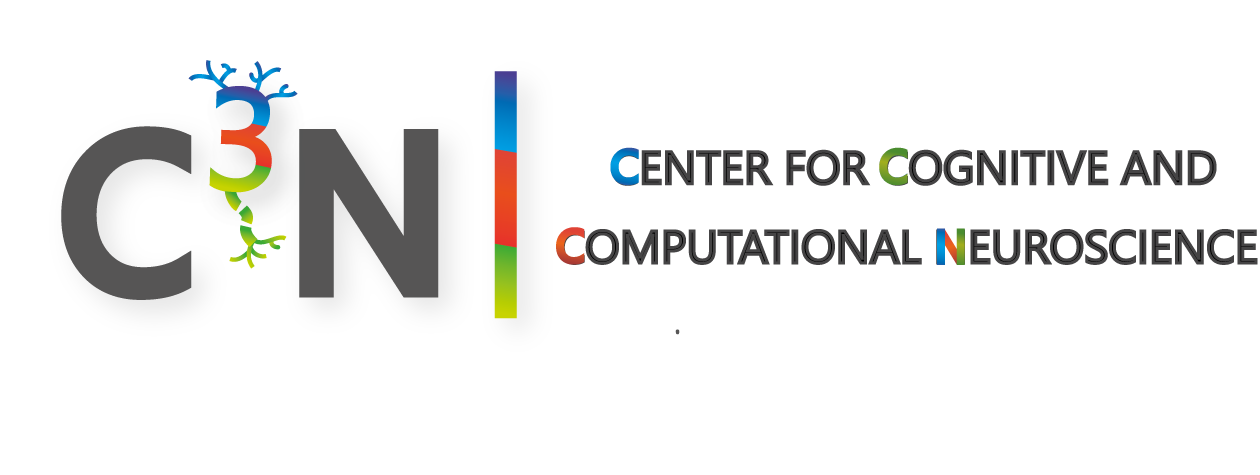
Already available the video of the seminary on source reconstruction imparted by Ricardo Bruña
Los vídeos de los dos seminarios impartidos en junio por la Dra. Mia Liljeström y el Dr.[…]

Fernando Maestú, guest speaker in the Neuroscience Seminars at Brown University
Brown University has invited the director of the LNCyC, Fernando Maestú, to participate as a guest speaker[…]


